It looks like nothing was found at this location. Maybe try a search or one of the links below?
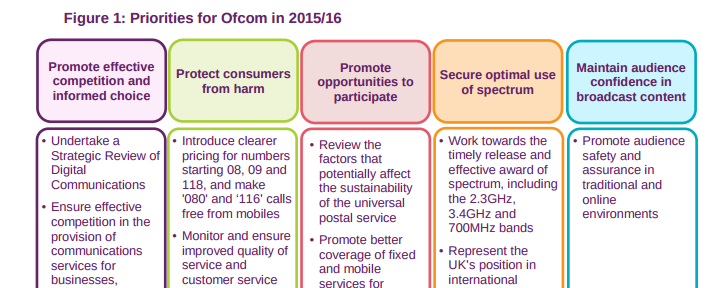
Quick shufty at the Ofcom annual plan for 2015/16 with some comments
The Ofcom Annual Plan 2015/16 is available at a glance here. Ofcom has a very wide ranging brief and one does wonder how they get anything done1 but I thought I’d pick out some bits for your attention.
Promote effective competition and informed choice:
- Undertake a Strategic Review of Digital Communications (as previously announced on 12 March)
- Ensure effective competition in the provision of communications services for businesses, particularly SMEs
- Improve the process of switching providers for consumers
Hopefully the strategic review will conclude that Fibre to the Premises is the only sensible long term goal. Unfortunately they will also say that they don’t know how to achieve this and they can’t see it happening on their watch.
Also I’m not sure how they will help SMEs. In particular very small businesses get ignored because they are too expensive to service/sell to and they don’t want to pay top dollar in taking the services.
Protect Consumers from harm
- Introduce clearer pricing for numbers starting 08, 09 and 118, and make ‘080’ and ‘116’ calls free from mobiles
- Monitor and ensure improved quality of service and customer service performance
- Protect consumers from harm in a range of priority areas including nuisance calls
Funnily enough the latter two points are dear to my heart. Check out the broadbandrating.com customer support graphs. Also the still warm post on scam calls here. As far as customer service monitoring goes I think that’s a commercial issue not a regulatory one. It should make commercial sense for Communications Providers to offer good customer service as this should provide them with a competitive advantage.
Promote Opportunities to Participate
- Review the factors that potentially affect the sustainability of the universal postal service (uhuh)
- Promote better coverage of fixed and mobile services for residential and business consumers
It’s all very well saying they want better coverage but unless the government mandates it, which they won’t because they won’t want to pay for it, it isn’t cost effective for the networks.
Protect consumers from harm
- Work with UK and international bodies to promote improvements in caller line identification
- Support industry and Government initiatives to improve levels of trust in internet services
- Work to ensure that critical services are supported on next generation voice networks
- Ensure consumers have access to redress for service failures and poor quality of service
Quite interesting ones here. The international cooperation bit must surely be a very long term aspiration. I can’t see it succeeding. It’s too difficult. As regards improving trust in internet services this is somewhat at odds which what the government aspires to in removing your on-line rights to privacy. The critical services reference relates to 999 and Emergency Services access. It’s a complex bag of worms that really needs a total rethink but you will never find a government willing to do it. They don’t want to be held responsible for the “burning granny”.
I’m quite supportive of the last point. I see a lot of people complaining about long term absences of service whilst being tied in to contracts. It should be easier for people to say to a service provider “bye I’m off – you haven’t been doing a good enough job”. I can of course also see the service provider side of things especially with the difficulty of maintaining services running on this country’s ageing copper infrastructure but on this occasion I’m siding with the consumer.
There you have it. My quick shufty at the Ofcom Annual Plan for 2015/16. There is more to it but I wasn’t interested in the rest of it. Ciao amigos.
1 Now now I’m sure they must have got something done and that someone will list these achievements as a comment. There is a very interesting annual communications market report for one. They aren’t just there to take hospital passes aka the Digital Economy Act.



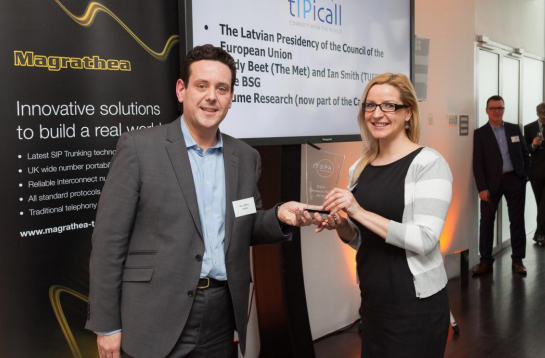
 Somewhat belated congratulations ot
Somewhat belated congratulations ot  The upshot is that all major network operators have openly committed to net neutrality – a position that was definitely not the case hitherto – something that has been hidden in the small print of ts and cs never read by customers.
The upshot is that all major network operators have openly committed to net neutrality – a position that was definitely not the case hitherto – something that has been hidden in the small print of ts and cs never read by customers.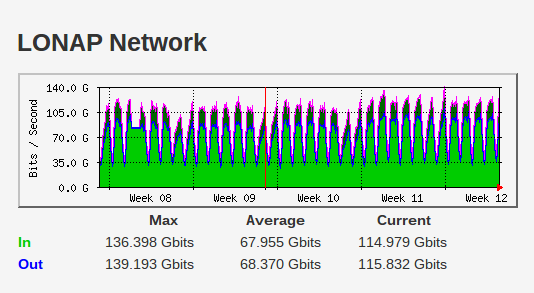
 Internet traffic dip during eclipse – unusual behaviour for a big news event
Internet traffic dip during eclipse – unusual behaviour for a big news event
 In this broad ranging article, Labour Party member Dave Levy talks digital policy and includes repeal of the Digital Economy Act as one of his reforms for the next parliament.
In this broad ranging article, Labour Party member Dave Levy talks digital policy and includes repeal of the Digital Economy Act as one of his reforms for the next parliament.




 Domhnall Dods says the next Government should be looking at Electronic Communications Code reform
Domhnall Dods says the next Government should be looking at Electronic Communications Code reform Andrew Cormack of Jisc asks the next government for cloud policy guidance over safe and lawful use of cloud offerings
Andrew Cormack of Jisc asks the next government for cloud policy guidance over safe and lawful use of cloud offerings

 Data protection reform – Government should stop promoting industry and government interests at the expense of protecting citizens says Gus Hosein of Privacy International
Data protection reform – Government should stop promoting industry and government interests at the expense of protecting citizens says Gus Hosein of Privacy International James Firth – Agile young start-ups challenge the incumbents and stop the market from getting lazy. Government innovation bods take note
James Firth – Agile young start-ups challenge the incumbents and stop the market from getting lazy. Government innovation bods take note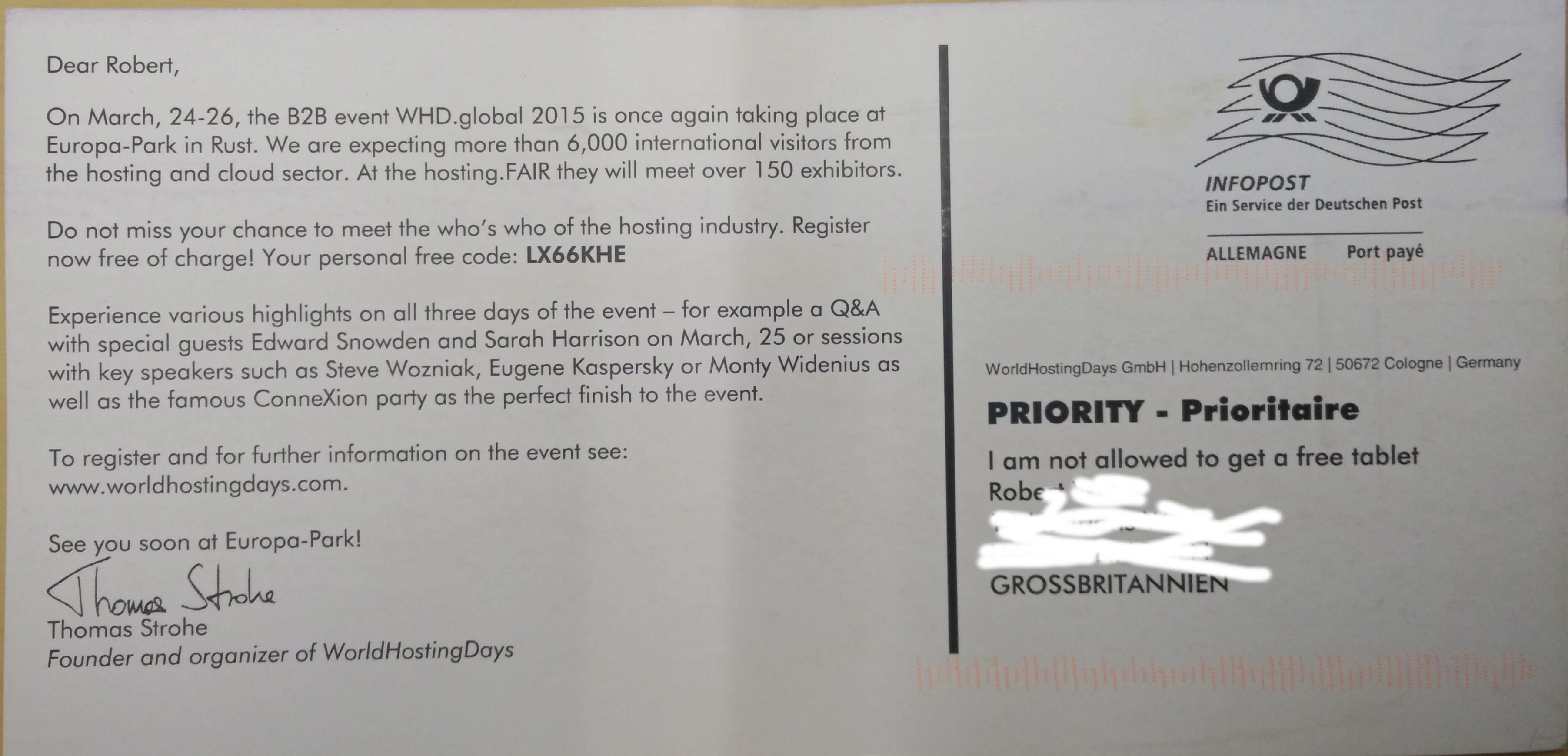



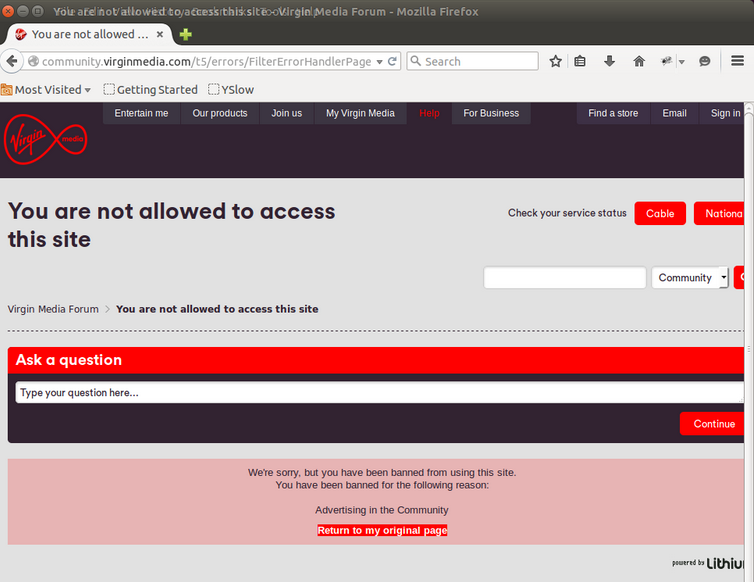




 Anyway it’s actually just a normal working day out of my hotel room. As I was lying in bed this morning catching up on stuff on my intergalactic hand held communicator I was shoved an ad for Natter by Twitter.
Anyway it’s actually just a normal working day out of my hotel room. As I was lying in bed this morning catching up on stuff on my intergalactic hand held communicator I was shoved an ad for Natter by Twitter.
